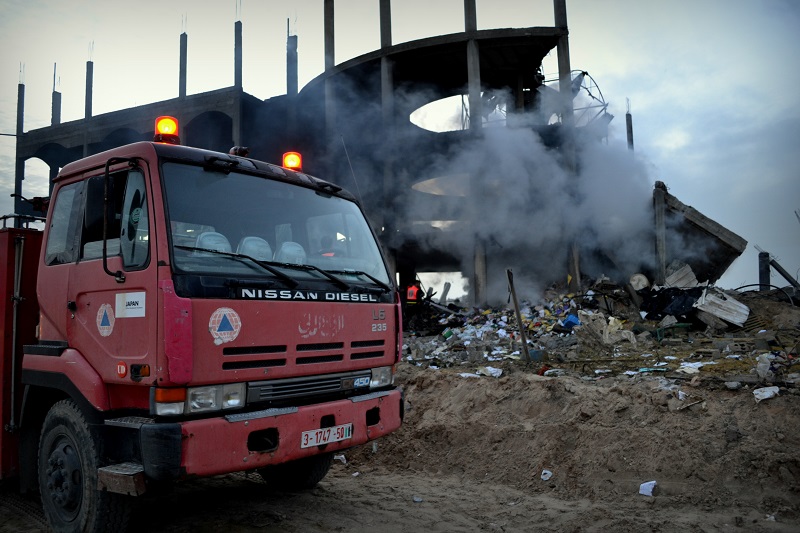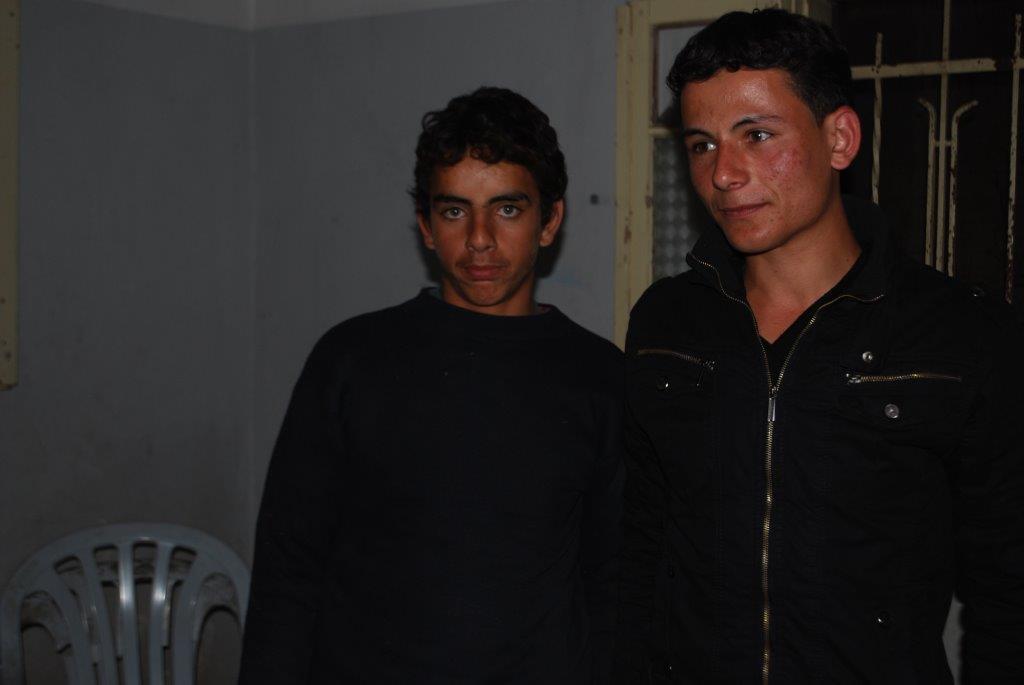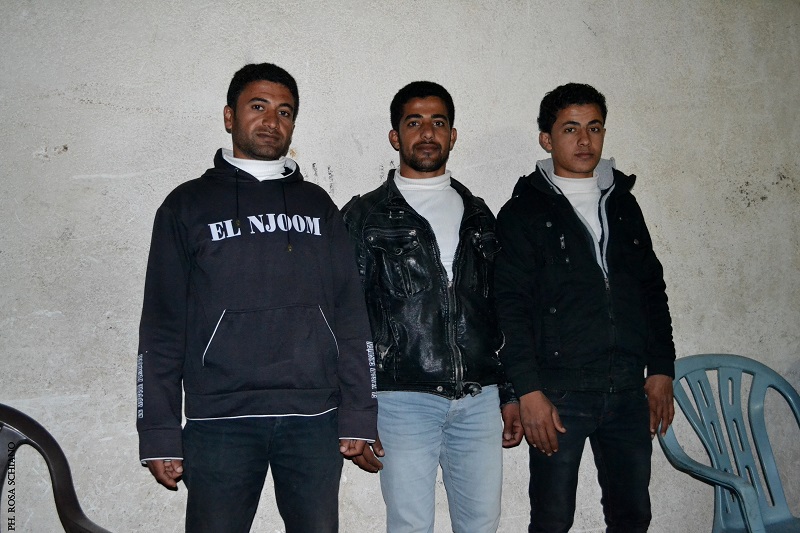Tag: Fishermen
-
Two Palestinian fishermen, including child, kidnapped by Israeli forces off Gaza
27th January 2014 | International Solidarity Movement, Rosa Schiano | Gaza, Occupied Palestine On Monday, 20th January, at about 6:00 am, Yousef Amin Abo Warda (age 18) and his cousin Ahmad Kamal Abo Warda (age 16) left their house to go fishing in a small boat without an engine. Around 7:30 am they were fishing in…
-
Palestinian fisherman kidnapped by the Israeli navy in Gaza waters
11th January 2014 | International Solidarity Movement, Rosa Schiano | Gaza, Occupied Palestine On Wednesday, 8th January 2014, 27-year-old Palestinian fisherman Mohammed Sultan Al Khader had was arrested by the Israeli navy in Gaza waters. He had been fishing with his two brothers, Ahmad and Hamdi, on a small fishing boat, called a hasaka. Al Khader was released…



